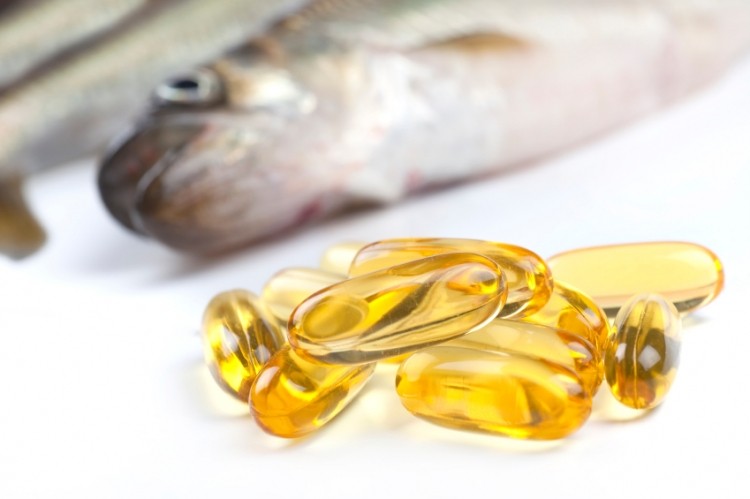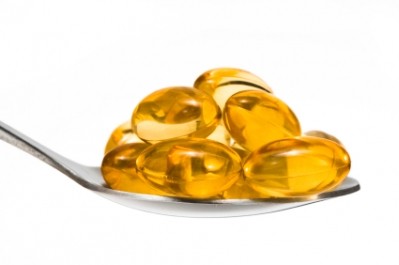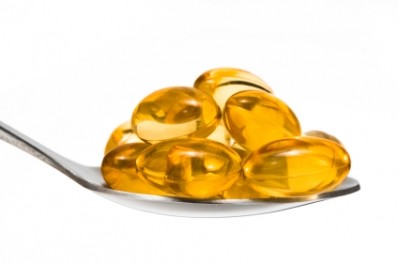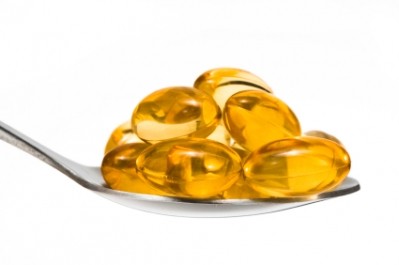EU science agency backs omega-3s up to 5g a day

EFSA’s opinion may also shake a 2011 missive from the German Federal Institute for Risk Assessment (BfR) that suggested consumption of docosahexaenoic acid (DHA), eicosapentaenoic acid (EPA) and docosapentaenic acid (DPA) could exceed upper limits (ULs) of 1.5g per day set by the BfR due to the consumption of omega-3 fortified foods.
The BfR said it had seen EFSA’s opinion but did not speculate on how it might affect its own stance that between 3.7% and 16.7% of the German population could exceed 1.5g of EPA/DHA/DPA per day in this way.
There is no EU-wide UL for omega-3s and EFSA said the data was insufficient to establish one.
Harry B Rice, PhD, VP of regulatory and scientific affairs at the Global Organisation for EPA and DHA Omega-3s (GOED) welcomed the opinion, but warned it may not alter much in Germany.
“As far as putting the Germans' concerns to rest, we hope the report will do just that, but reality may play out differently,” he told us.
“Currently, there are three article 13.1 health claims associated with EPA and DHA that are on hold due to conditions of use exceeding 2g per day. My guess is that when these claims come up for discussion, we'll find out if the German's are satisfied with EFSA's conclusions.”
“For any of the other member states that expressed concern during discussions on the health claims in question, EFSA's report should appease them.”
After assessing various studies, EFSA’s Panel on Dietetic Products, Nutrition and Allergies (NDA) concluded: “At observed intake levels, consumption of n-3 LCPUFA [omega-3] has not been associated with adverse effects in healthy children or adults.”
“The Panel considers that supplemental intakes of EPA and DHA combined at doses up to 5g/day, and supplemental intakes of EPA alone up to 1.8g/day, do not raise safety concerns for the adult population.”
But it noted the findings were limited to short term consumption, as, “Limited data are available on the effects of long-term supplementation with these n-3 LCPUFAs at higher doses.”
Reported adverse effects have included bleeding episodes, impaired immune function, increased lipid peroxidation, and impaired lipid and glucose metabolism.
Omega-3s are most abundant in the diet via fish, supplements and functional foods and best known for their ability to benefit the heart and brain.
Key findings
“Long-term supplemental intakes of EPA and DHA combined up to about 5 g/day do not increase the risk of spontaneous bleeding episodes or bleeding complications even in subjects at high risk of bleeding (e.g. taking acetylsalicylic acid or anti-coagulants),” wrote the NDA.
“Supplemental intakes of EPA and DHA combined at doses up to 5g/day consumed for up to 12 weeks do not significantly affect glucose homeostasis in healthy or diabetic subjects, nor do they induce changes in immune functions which might raise concern in relation to the risk of infections or inappropriate activation of inflammatory responses.”
Of another study it said: “Supplemental intakes of EPA and DHA combined of 2-6 g/day, and supplemental intakes of mostly DHA of 2-4 g/day, increase blood concentrations of LDL cholesterol by about 3%. Such increase is accompanied by a decrease in triglycerides with no changes in total (or non-HDL) cholesterol concentrations.”
It said its safety conclusions applied to both adults and children.
EU daily intake recommendations for EPA and DHA are around 250 to 500 mg/day.
The opinion can be found here.















